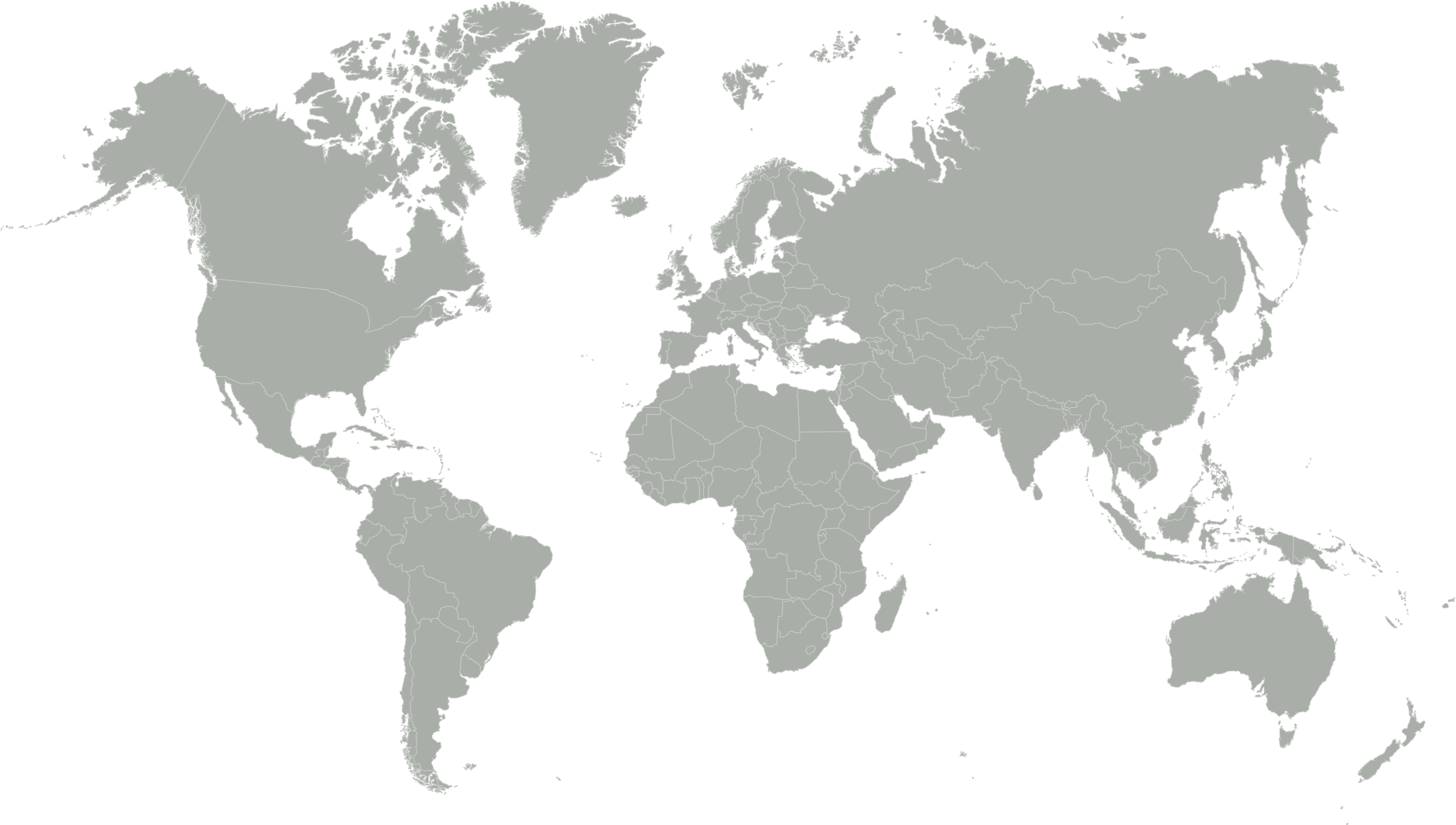While much of the research undertaken by the Aquaculture Environment Team is based in Tasmania, many of the questions we seek to address have global relevance.
Consequently, we collaborate widely within Tasmania and both nationally and globally. The map below shows the geographical extent of our current collaborations.
Our key science collaborations within Tasmania are primarily with other researchers at the University of Tasmania and the Commonwealth Scientific & Industrial Research Organisation (CSIRO), although we also work on occasions with scientists from the Australian Antarctic Division, independent science consultants and State Government scientists.
We also have many ongoing national collaborations, particularly through initiatives like the Blue Economy Co-operative Research Centre. Internationally, we have long established working relationships with researchers in the key salmon producing countries worldwide e.g. Scotland, Norway, Canada and Chile, and in recent years have formed close working relationships with researchers at the Cawthron Institute in New Zealand.
It is very important to us that our research is relevant and can be used to inform management decisions or to improve management practices. As a result, we work closely with managers in industry and government within Tasmania, particularly the Department of Natural Resources and Environment Tasmania and the Tasmanian Environment Protection Authority, to not only inform how our research questions are framed, but to provide appropriate context and support data, and most importantly to help translate research findings into actions and improvements. This ensures that our research always relates to real world situations.
Lastly, one of our most important areas of collaboration is with the community. While we have always been keen to engage with and share our research with the public, as our involvement in societal interactions deepens, this is becoming an increasingly important part of our actual research focus.
